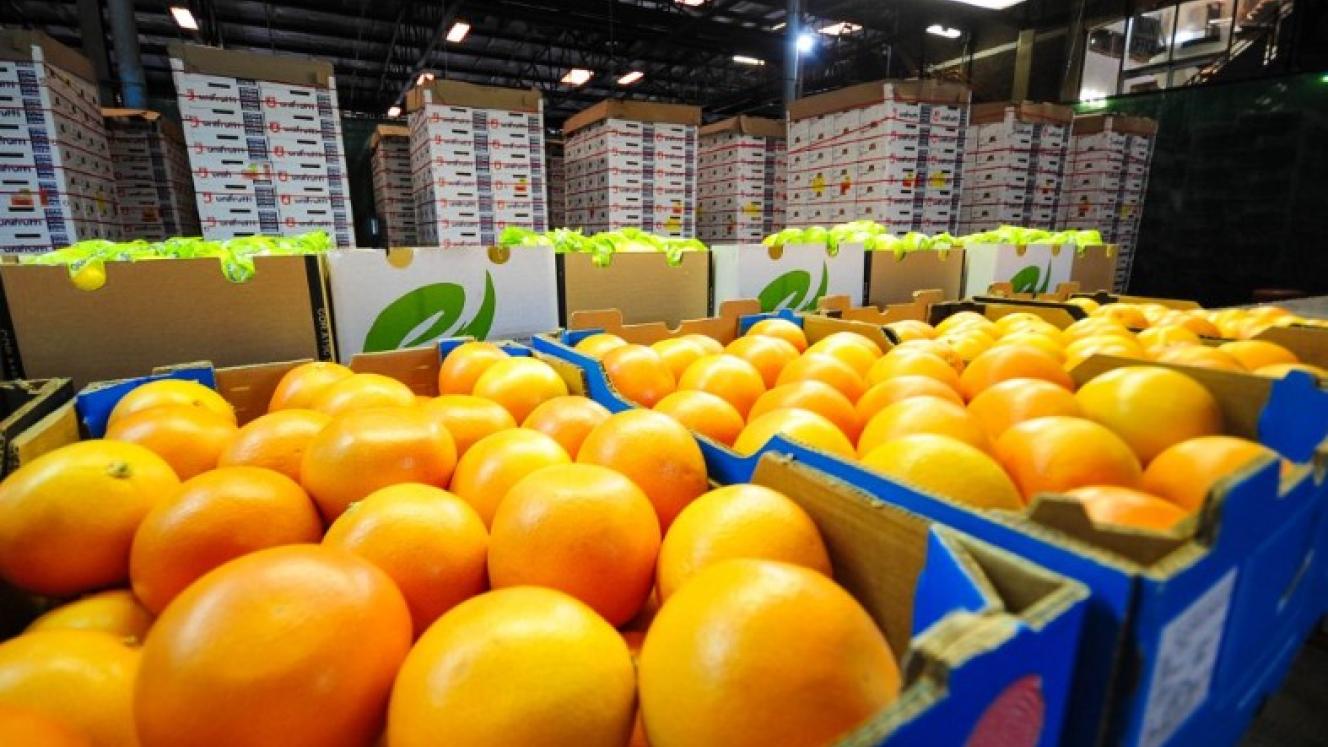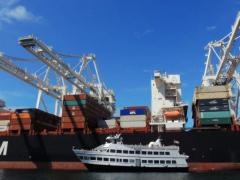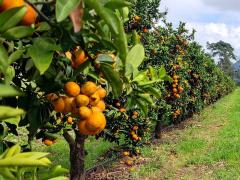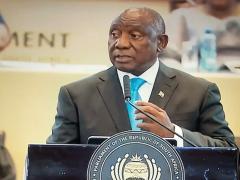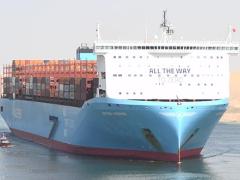The Citrus Growers Association of Southern Africa has welcomed US President Donald Trump’s executive order that exempts oranges, among a range of agricultural products, from his punitive tariff regime.
According to a fact sheet accompanying the executive order, issued on Friday, the exemptions are based on the fact that the US cannot produce sufficient quantities of these agricultural products, which include oranges, bananas, mangoes, coconuts, avocados and tomatoes, to meet local demand. Other products, like table grapes and wine, remain subject to tariffs.
According to the CGA, the exemption once again makes South African oranges competitive in the US market, which holds opportunities for increased exports and local job creation.
CGA chairperson Gerrit van der Merwe, who is also a citrus grower in Citrusdal in the Western Cape, said the decision would alleviate pressure on local producers and enable them to support the US market.
"Supply steadiness is not a luxury; it is a vital hedge against volatility for the American citrus industry and an example of how global trade benefits everyday American consumers. Citrus, as a fresh, healthy product, is also uniquely valuable. It helps keep Americans healthy," Van der Merwe said.
"This announcement takes some pressure off our community. There will be some big smiles on the farm come Monday morning. We have been deeply concerned about the future of our valley for many months," he said.
CGA CEO Boitshoko Ntshabele, said South Africa had been a partner to the US in citrus supply for many years, and the exemption was great news for the 2026 season.
“In their summer, when their own growers are out of season, we supply them with quality citrus. This ensures stability and access to affordable imported fruit," Ntshabele said.
"As is understood, mandarin (soft citrus) varieties are, however, not exempt from tariffs. Our mandarins are popular in the US. The US should consider extending the current exemption to include mandarins and other citrus varieties, because they share similar market dynamics and supply chain vulnerabilities," he said.
Applying tariffs to mandarins risks creating price spikes, supply shortages, and inflationary pressures.
"We hope that the trade negotiations currently taking place between South Africa and the US will take the immense value of all South African citrus varieties to the American consumer into account,” Ntshabele said.
According to the CGA, US consumers have a significant appetite for South African citrus. Since 2017, citrus exports to the US from South Africa have almost doubled.
In the past season, South Africa shipped 4.3 million 15kg cartons of oranges to the US. The 30% US tariffs on South African imports only came into effect in August, towards the end of the season and therefore had a limited impact on citrus exports, especially because growers were able to increase and fast-track shipments to the US before the tariff deadline.
